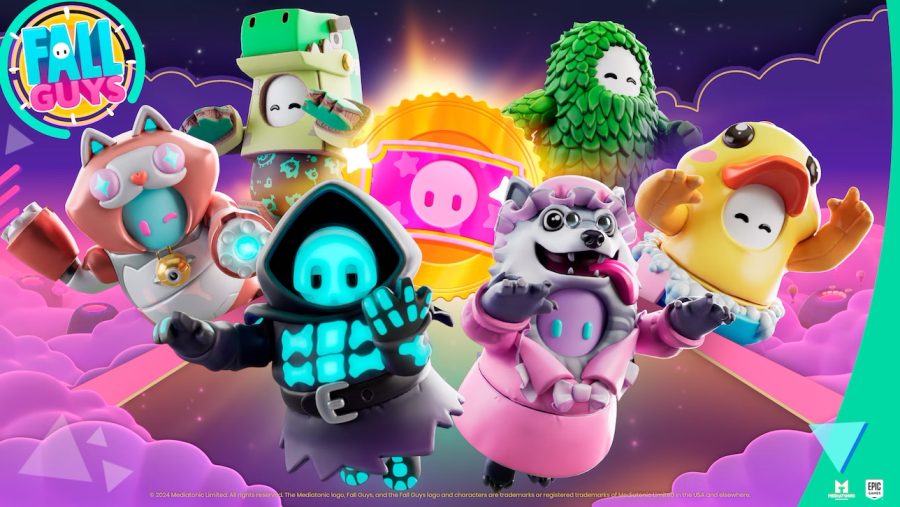About 15 years ago, Euan Semple had a rather serious medical problem. He talked to his local general practitioner, then to an expert who after a few weeks of impersonal tests and questions told him there was nothing wrong with him. Disheartened, Semple went online to seek out people with a similar issue and ended up finding groups and forums that led to a solution to his problem.

This experience stuck with Semple, who 7 or 8 years ago launched talk.gateway, an online, internal social networking platform for the 30,000 employees of the British Broadcasting Company (BBC). Today, 23,000 BBC employees talk on the talk.gateway forums, 5,000 are using wikis to collaborate on projects, and 4-500 are blogging. Bringing social networking to the BBC seemed like the inevitable thing to do, says Semple, recalling the early days of the project.
There exists a potential for collaboration over the web that didn’t exist before, according to Semple, but not everyone at the BBC agreed with him. Some at the BBC saw his project as a waste of time and he initially had to fight to get people to accept it. Semple recalled that at times forum threads would grow divisive or silly, but he encouraged people to self moderate and asked questions to elevate the discussion rather than stepping in and being the “grown-up.” The result of creating an environment where users were trusted was that they began to learn how to take responsibility for themselves.

Erica Driver from Forrester Research has an excellent post about Semple where she identifies 4 lessons learned from enterprise web 2.0 adoption at the BBC. Briefly (I’m paraphrasing):
- Enterprise web 2.0 can encourage collaboration.
- Start small and define ownership clearly. (At the BCC, their system was owned by everyone.)
- Trust your users and they’ll trust you (and each other).
- Push your comfort boundaries.
I think Semple best sums up the lesson to be learned from his experience at the BBC in a quote from the bio distributed to conference goers, “If you make systems too serious or too business-like, people wonÄôt use them. But, as a consequence of blogs and networks, it is possible to connect your brightest and best people with each other and with their organizations. Business is based on relationships, and this way you actually talk to the people you want to talk to.”









